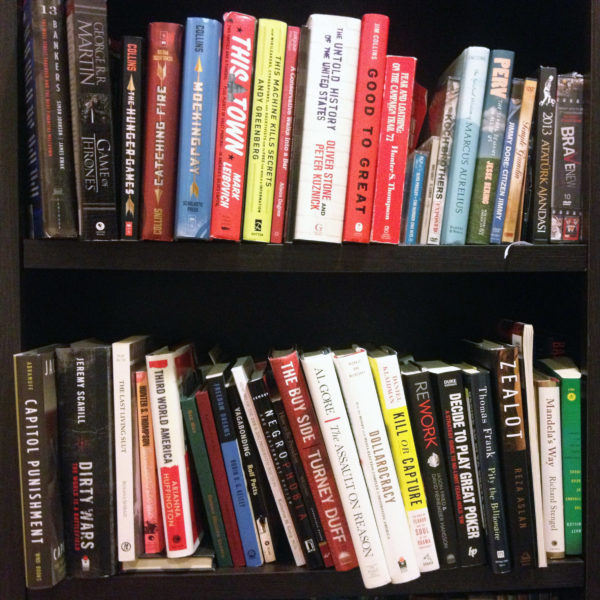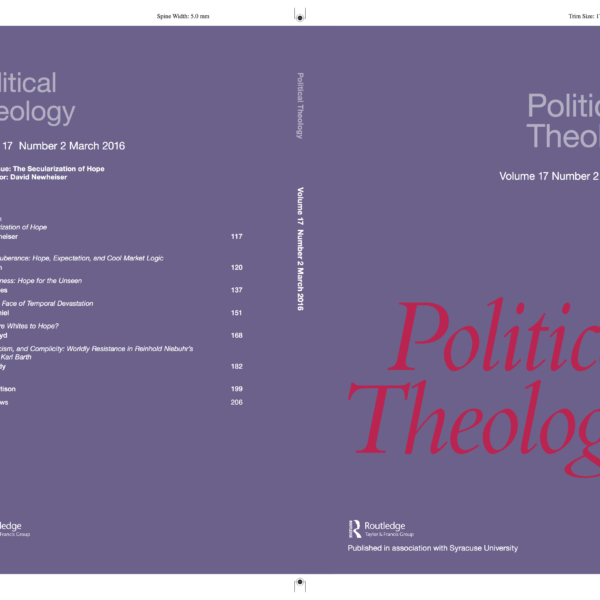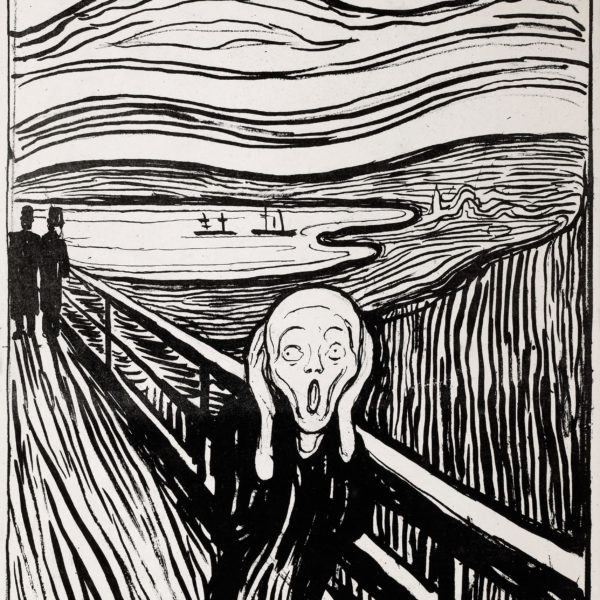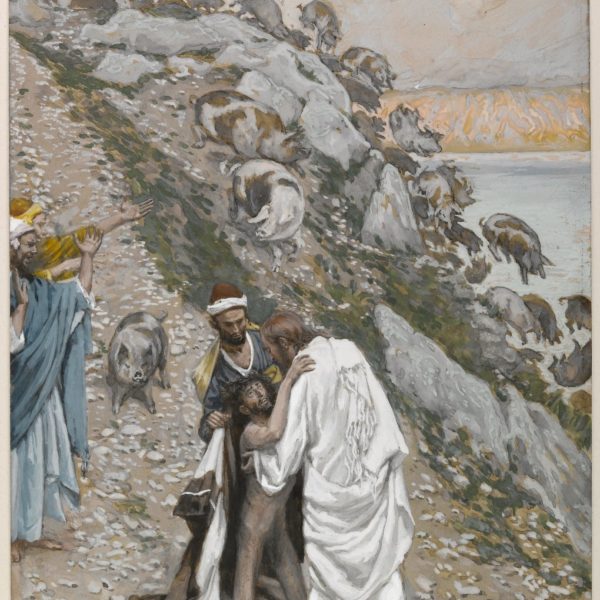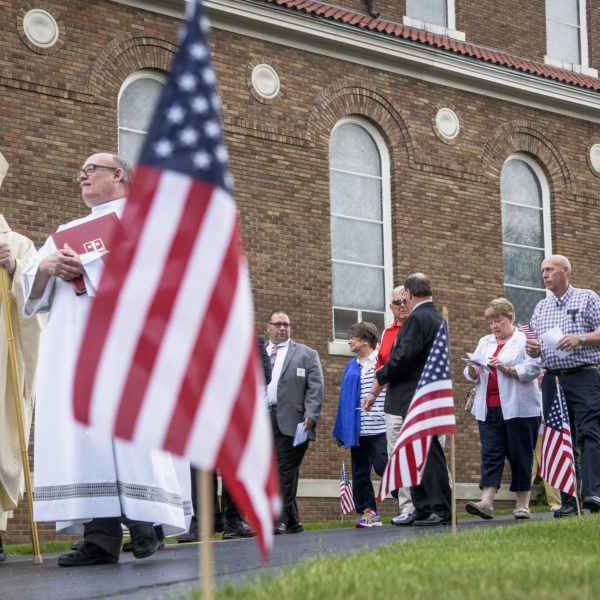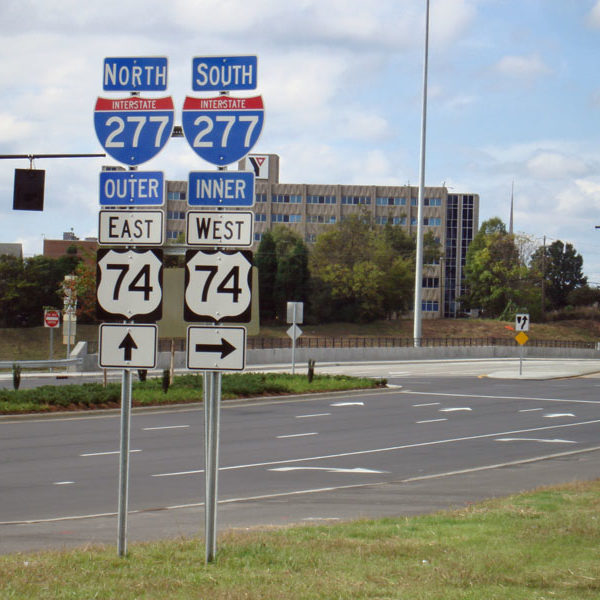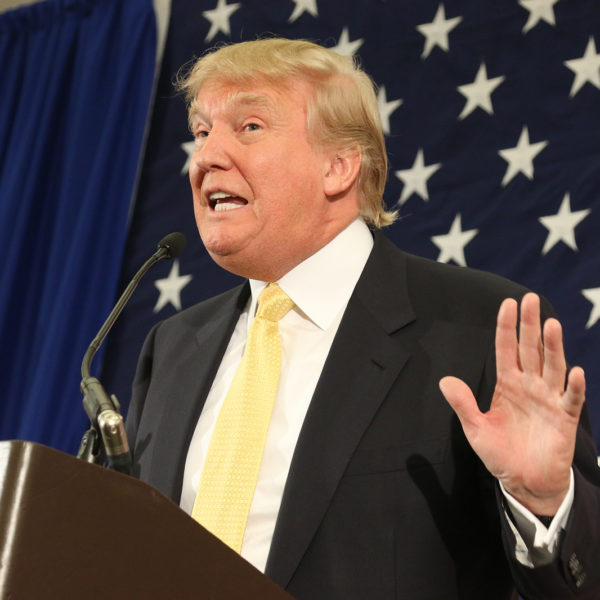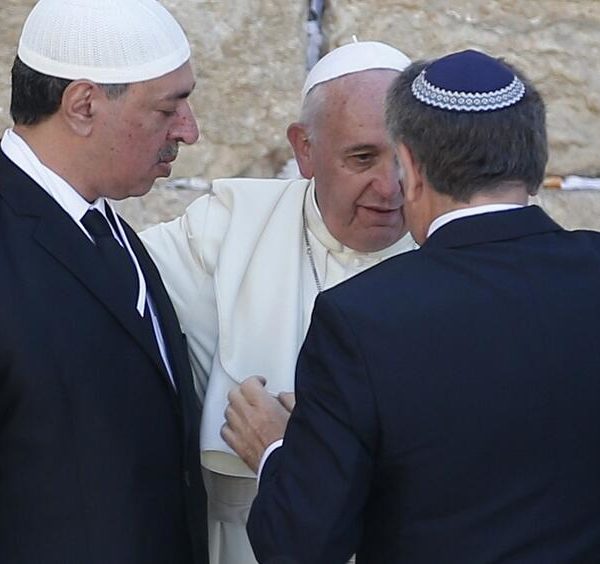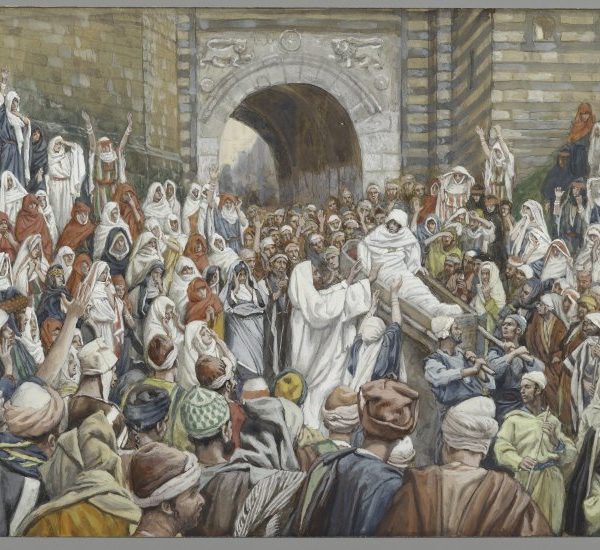
When a large crowd of admirers met a large crowd of mourners, Jesus noticed the widow, a political act of directing attention to one whose life was most imperiled. Followers of Christ would do well to do the same.
By Mark Davis

When a large crowd of admirers met a large crowd of mourners, Jesus noticed the widow, a political act of directing attention to one whose life was most imperiled. Followers of Christ would do well to do the same.
